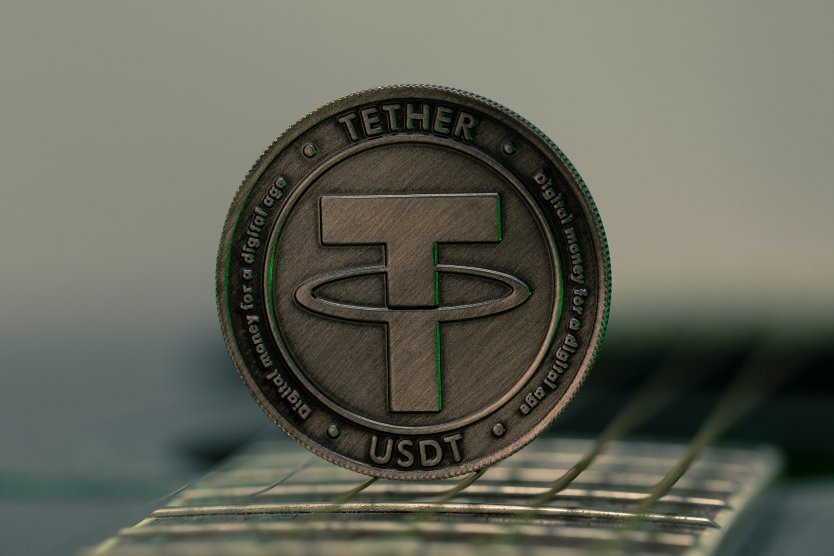
How to Secure Your Investments in Cryptocurrency Trading Platforms in Nigeria
In a world where digital assets can be vulnerable to cyber threats, ensuring the safety of your funds on cryptocurrency trading platforms is of paramount importance. Let's explore various aspects of cryptocurrency trading, highlight common security threats, and offer practical tips to secure your digital assets.
Understanding Cryptocurrency Trading Platforms
Cryptocurrency trading platforms, or exchanges, are online services that let you buy, sell, and trade cryptocurrencies. These platforms act as middlemen, helping you swap your local currency, like Naira, for digital currencies, such as Bitcoin, Ethereum, and others.
Several cryptocurrency trading platforms operate in Nigeria, offering a range of services to investors. Some of the most popular platforms include:
- Qxchange
- Binance
- Quidax
Emerging as a notable platform in Nigeria, Qxchange offers a range of services, including trading, wallet storage, and educational resources. It is designed with the Nigerian market in mind, providing localized support and robust security measures. Qxchange emphasizes transparency and user safety, making it a growing favorite among Nigerian cryptocurrency traders. Its user interface is easy to use, so beginners can navigate it easily while also providing advanced tools for experienced traders.
Binance is a top global platform for cryptocurrency trading. It provides advanced trading tools and supports a wide variety of cryptocurrencies.
A Nigerian-based exchange that offers seamless trading and robust security features tailored to the local market.
Choosing a Secure Cryptocurrency Trading Platform in Nigeria
When selecting a cryptocurrency trading platform in Nigeria, consider the following factors to ensure security:
- Reputation
- Security Features
- User Reviews
Opt for platforms with a strong reputation and positive user reviews. Established platforms like Luno, Binance, and Quidax have built trust within the community.
Choose platforms that have strong security features like two-factor authentication (2FA), encryption, and cold storage.
Check what other users are saying about the platform to see how reliable and secure it is.
Verification Processes and Regulatory Compliance
Choose platforms that implement stringent verification processes, such as Know Your Customer (KYC) and Anti-Money Laundering (AML) procedures. Regulatory compliance boosts security and ensures the platform follows legal rules.
Importance of Two-Factor Authentication (2FA)
Two-factor authentication (2FA) makes your account more secure by adding an extra step when you log in. Besides your password, you also need to enter a code sent to your phone. Turning on 2FA greatly lowers the chance of someone else getting into your account without your permission.
Best Practices for Securing Your Investments
A strong password is your first line of defense against cyber threats. Use a mix of uppercase and lowercase letters, numbers, and special characters. Avoid using easily guessable information such as birthdays or common words.
As mentioned earlier, 2FA is crucial for enhancing security. Ensure that 2FA is enabled on all your cryptocurrency trading accounts. This step can prevent unauthorized access even if your password is compromised.
Periodically review and update your account security settings. This includes changing your password, updating 2FA settings, and reviewing account activity for any suspicious behavior.
Public Wi-Fi networks are often insecure and can be exploited by cybercriminals to intercept data. Avoid conducting cryptocurrency trading activities on public Wi-Fi. Instead, use a secure and private internet connection.
Importance of Security in Cryptocurrency Tradingts
Cryptocurrency trading, like any financial activity, comes with inherent risks. These risks can be grouped into two main types: market risks and security risks. While market risks pertain to the volatility of cryptocurrency prices, security risks involve threats such as hacking, phishing, and scams.
- Hacking
- Phishing
- Scams
Cybercriminals often target cryptocurrency exchanges to steal digital assets. High-profile hacks have resulted in significant losses for investors.
Phishing attacks entail using phony websites or emails to trick users into disclosing their private keys or login credentials.
Scammers may pose as legitimate cryptocurrency traders or platforms, luring investors into fraudulent schemes.
Security breaches can have devastating consequences for investors. Not only can they lead to the loss of funds, but they can also erode trust in the platform and the broader cryptocurrency ecosystem. Therefore, taking proactive steps to secure your investments is essential.
Conclusion
Securing your investments on cryptocurrency trading platforms in Nigeria requires a proactive and informed approach. As more people invest in digital assets, it's important to know and use strong security measures to keep your investments safe from cyber threats and scams.
By choosing reputable platforms, enabling two-factor authentication, using strong passwords, and staying informed about security updates, you can significantly reduce the risks and protect your digital assets effectively.
Whether you're using a Bitcoin exchange in Nigeria or a broader cryptocurrency trading platform, prioritizing security is key to a safe and successful trading experience.
